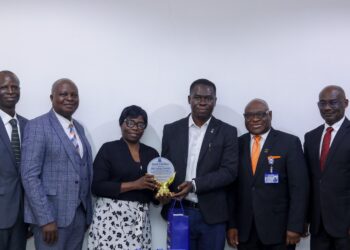A new survey by Uwezo Uganda has highlighted a deepening literacy crisis among pupils, particularly in rural areas, where many struggle with reading, comprehension, and translating text between English and local languages.
The 2024 Uwezo report points to a growing challenge in literacy development, noting that 23% of Primary Seven pupils are unable to read and understand texts meant for Primary Two students—a significant rise from 11% in 2021. The issue is most severe in Northern Uganda, where 29% of pupils experience reading difficulties, followed by Eastern Uganda (35%), Western Uganda (46%), and Central Uganda (61%).
Barriers to Literacy Development
Education experts attribute this crisis to several factors, including the lack of implementation of the thematic curriculum, which emphasizes early learning in local languages from Primary One to Three. Many schools, particularly private ones, have abandoned this approach, making it difficult for children to build strong foundational literacy skills.
Dr. Muhammad Kiggundu, head of languages at Makerere University, explains that “children grasp concepts better when taught in their mother tongue first, but many schools have shifted away from this approach, worsening literacy struggles.”
At Barinyanga Primary School in Tororo District, where over 1,700 pupils are enrolled, teachers confirm these challenges. In a Primary Six English class, a literacy exercise revealed that while some students could construct sentences and explain them in their local language, many struggled, reinforcing concerns about comprehension.
Overcrowded Classrooms and Outdated Methods
Educators also cite overcrowded classrooms as a major obstacle, limiting teachers’ ability to provide individual support to struggling learners. Additionally, many teachers still rely on outdated rote-learning methods instead of modern, phonics-based instruction that enhances literacy development.
Despite government efforts to improve education quality, low pay for arts teachers and insufficient resources continue to hinder progress. Experts stress the need for urgent interventions to ensure that pupils, regardless of region, receive quality literacy education.
With literacy being a fundamental skill for academic success, stakeholders are calling for stronger policy enforcement, improved teacher training, and better resource allocation to bridge the growing literacy gap in Uganda.



















































































 EduTimes Africa, a product of Education Times Africa, is a magazine publication that aims to lend its support to close the yawning gap in Africa's educational development.
EduTimes Africa, a product of Education Times Africa, is a magazine publication that aims to lend its support to close the yawning gap in Africa's educational development.